IFDC’s Fertilizer Innovation Approach
Through integrated, evidence-based research, IFDC works to restore, sustain, and manage soils more effectively by advancing farmer-centered innovations and strengthening the links between science, policy, markets, and practice.
IFDC bridges the gap between scientific innovation and field-level impact. Through collaborative research, we scale context-specific, climate-smart solutions that maximize nutrient efficiency while protecting the environment.
By integrating science with market realities, IFDC empowers farmers to increase yields and incomes, restoring soil health and building resilient food systems for the future.
Global Network of Fertilizer Innovation Centers (GNFIC)
Our research is designed to move beyond theory, accelerating innovations from proof of concept to practical, scalable solutions that strengthen both economic and environmental outcomes.
At the core of this approach is IFDC’s Global Network of Fertilizer Innovation Centers (GNFIC), which serves as a global platform for applied research, innovation, and knowledge exchange. Through this collaborative network, researchers, policymakers, and industry leaders work together to co-create solutions that are scientifically rigorous, locally relevant, and ready to scale across diverse agricultural contexts.
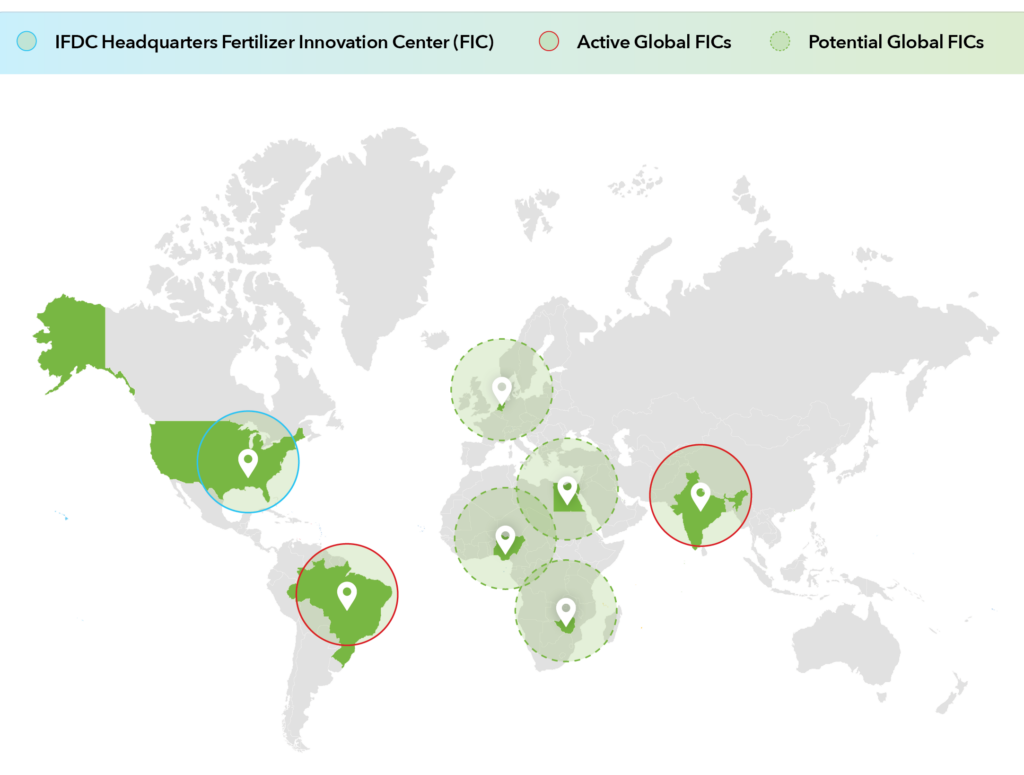
The GNFIC aims to address persistent barriers such as slow innovation cycles, limited crop- and region-specific products, and gaps in evidence on real-world performance.
Through this integrated approach, GNFIC delivers context-specific, scalable, and replicable solutions for soil health and nutrient management. These solutions improve nutrient use efficiency, increase productivity and profitability, and reduce environmental impacts, supporting resilient farming systems and long-term global food security.
Product Life Cycle (PLC) Framework
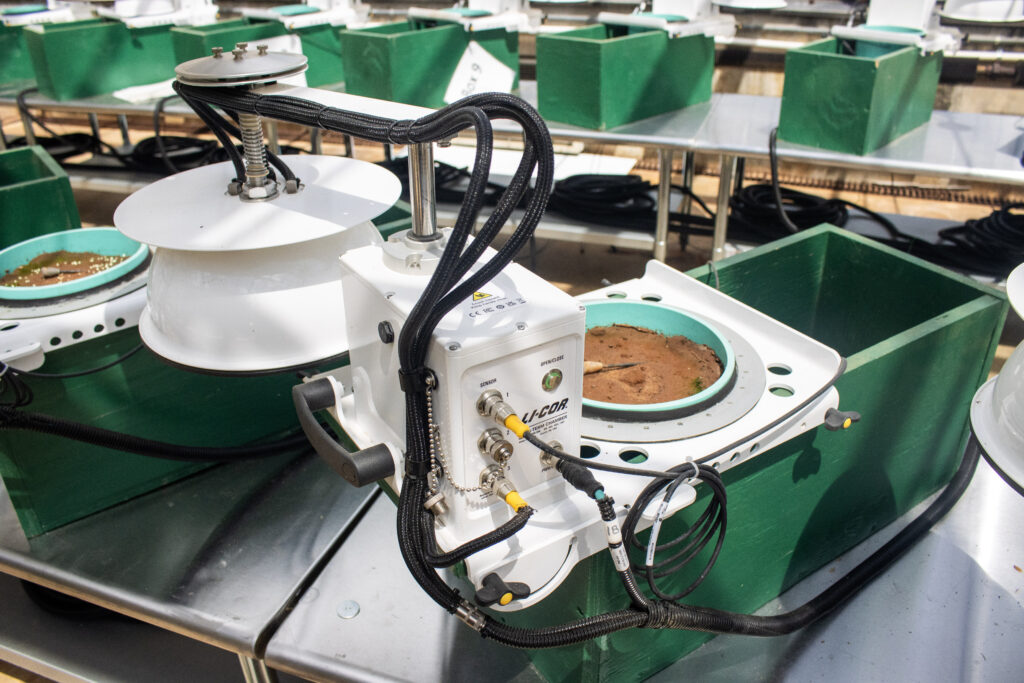
IFDC applies a structured Product Life Cycle (PLC) approach to innovation to accelerate the development, validation, and deployment of next-generation fertilizer and soil health solutions.
This approach ensures that promising technologies move systematically from early-stage invention to farmer adoption and impact at scale.
Across the product life cycle, we provide a suite of services to help de-risk and advance new technologies:
- Early-Stage (Concept and Design): Support in defining Target Product Profiles to guide development toward farmer needs, market potential, and sustainability standards.
- Validation (Prototype and Development): Independent lab, greenhouse, and field trials to assess productivity, environmental impacts, and profitability; pilot plant services to support commercial scale production.
- Adaptation (Pre-Commercialization): Tailored guidance to refine technologies for local conditions, value chains, and regulatory contexts.
- Market Entry (Commercialization and Growth): Support with market analysis, farmer engagement, and connections to distributors, policymakers, and financing partners.
Our Services
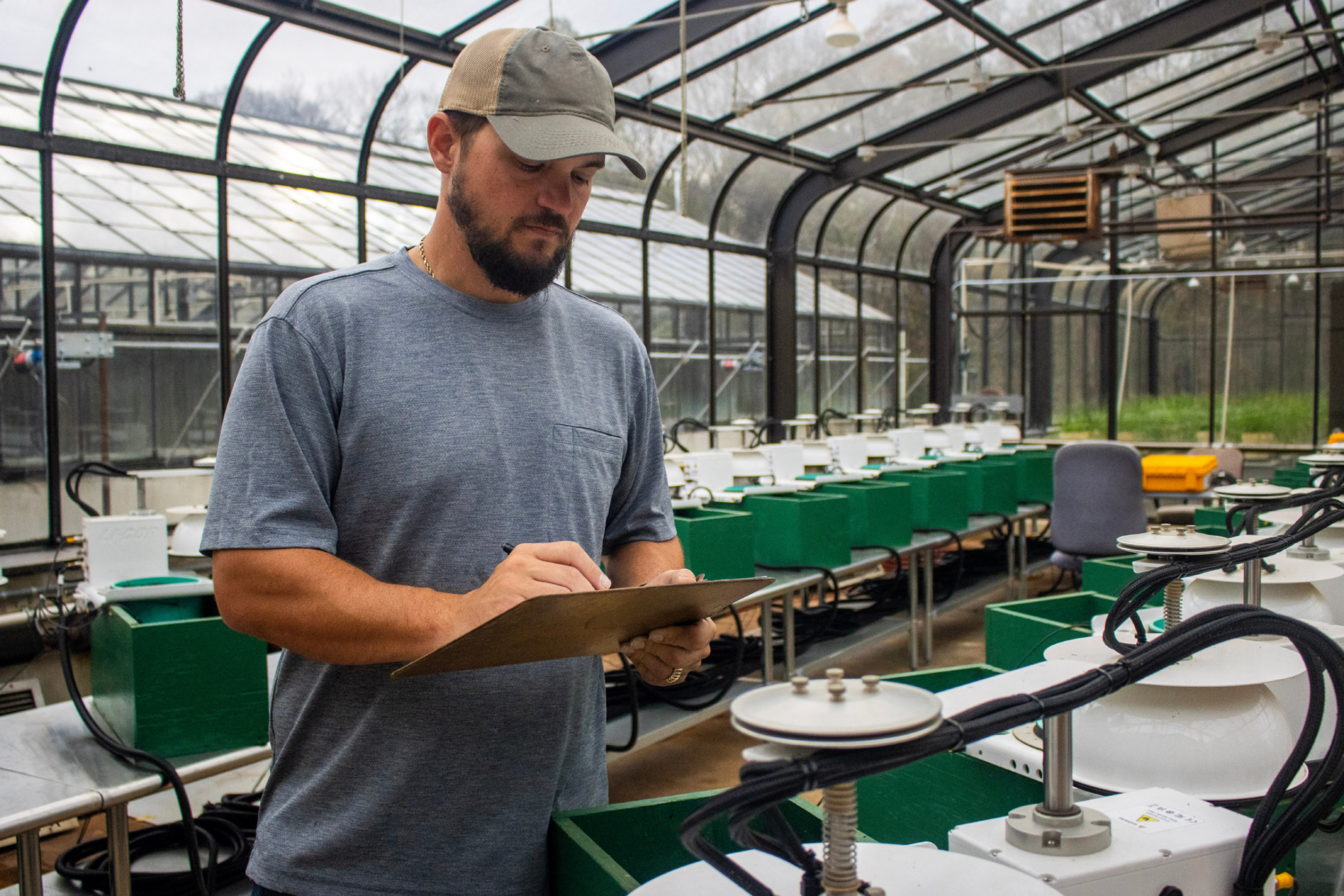
Laboratory and Greenhouse Services
In collaboration with our on-site Engineering and Pilot Plant Services, and through our presence in various countries around the world, we are the only organization capable of taking a fertilizer technology idea from our labs to production testing to field trial implementation
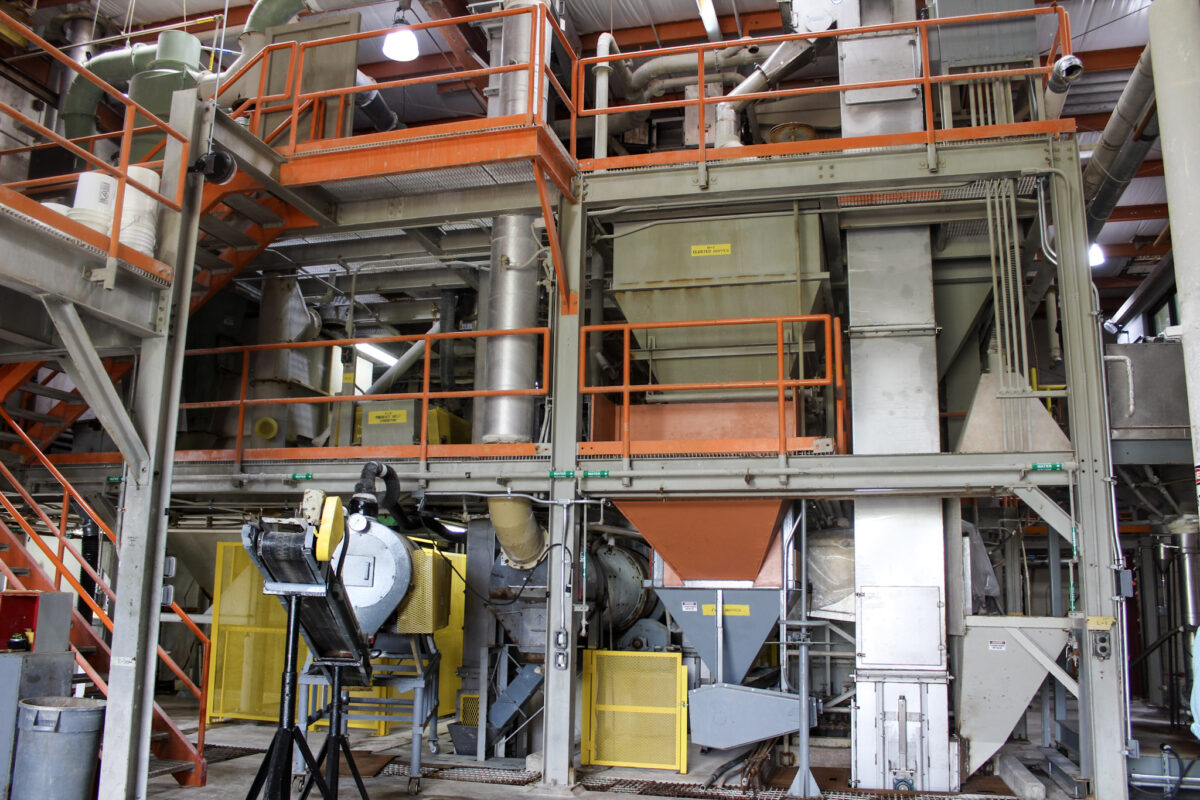
Pilot Plant and Engineering Services
Our Engineering and Pilot Plant Services can help you test feasibility and scalability of any new fertilizer product. From physical properties testing to technical assistance, IFDC’s services will ensure a comprehensive approach to your process development.
Research & Pilot Plant Consultation Request
Contact our Research & Pilot Plant team to schedule a consultation
"*" indicates required fields
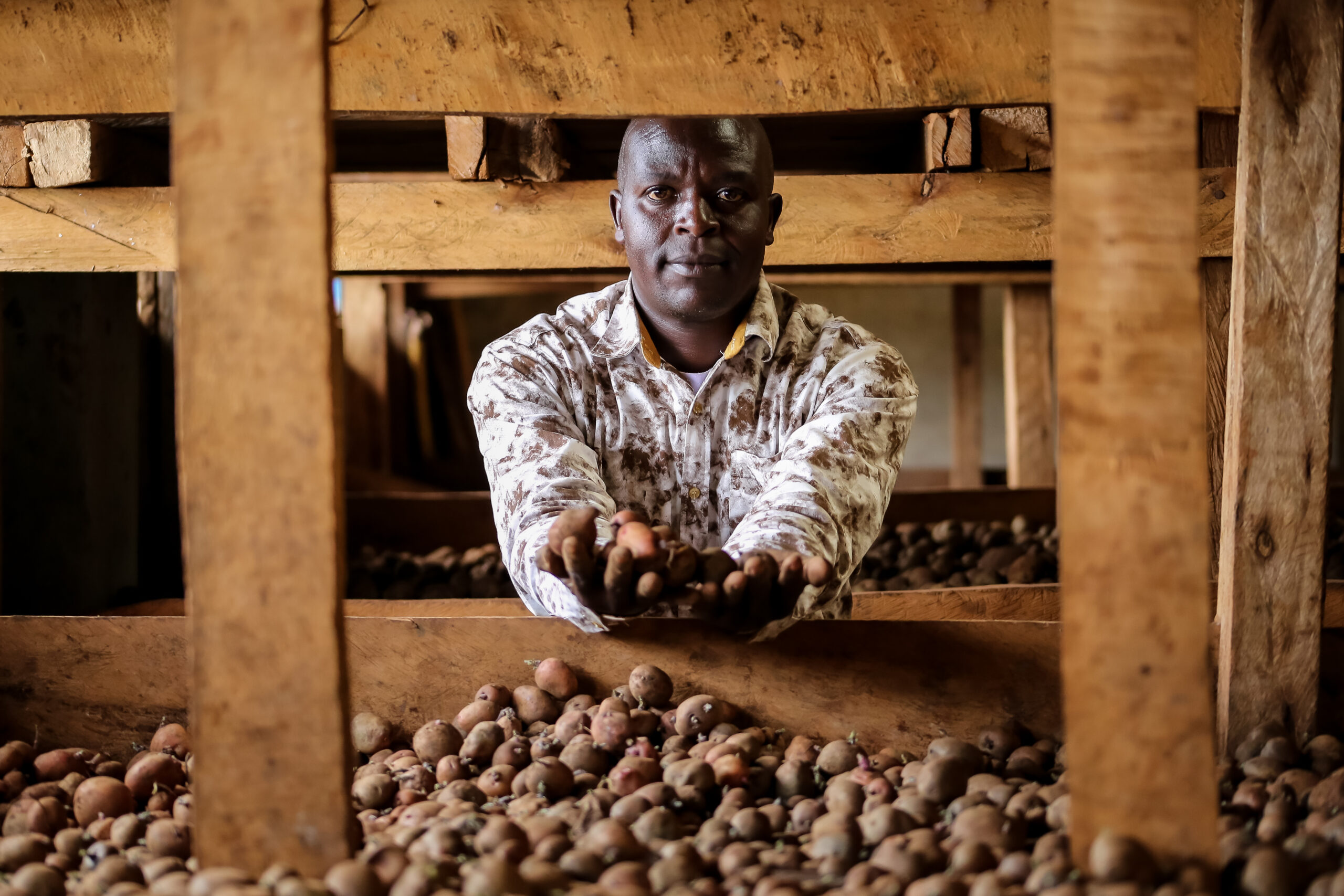
We Want to Work with You
IFDC has built a reputation in developing major fertilizer products currently in the market that are highly nutrient efficient and well proven in their adoption and use. Beyond fertilizers, IFDC has successfully implemented agricultural technologies at scale through innovative and sustainable agribusiness models and mechanisms, by engaging a variety of partners and building effective public-private partnerships.
Whether you are in the private sector, a bilateral organization, a national research organization, or an implementing NGO working directly with large numbers of farmers, we want to partner with you.
